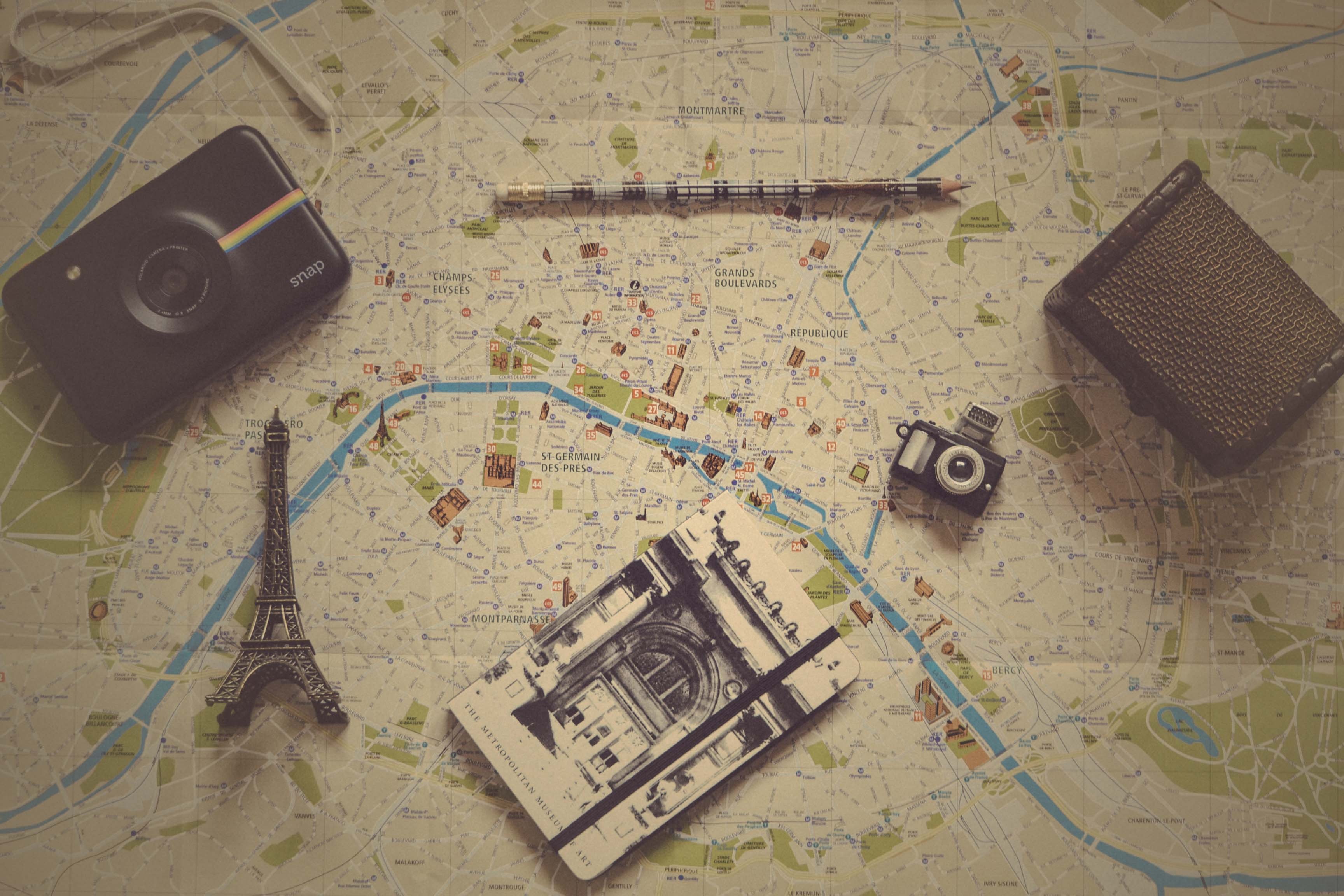What do you do if you have Php100 million? Or even “just” Php10 million? In other words, how would you spend your fortune?
You’ve heard of the saying “Money does not buy happiness.” I’m sure you’ve heard stories of lonely billionaire hermits and miserable millionaire misers. And you’ve read about lotto winners and rich heirs who end up squandering everything. So yes, it’s true – money does not buy happiness – but only if you don’t know how to spend it.
There has been a burst of studies and research on happiness and positive psychology, many of which try to link money and happiness. The consensus is that money can buy happiness but only to a certain point, after which it doesn’t contribute much anymore. In the U.S., that amount is pegged at US$75,000 in household income. If you go from, say, US$30,000 to US$50,000, your level of happiness goes up significantly. But once you go from US$75,000 to US$100,000, it just tapers off.
What this simply means is once you reach a certain level of comfort, more money doesn’t give as much boost to your happiness anymore. Of course, this sounds like a problem we’d rather have.
So, how should you spend your fortune? If you’re earning Php100,000 a month, you’ve pretty much exceeded what most people in this country would consider a comfortable level of income. If you’ve accumulated, won, or inherited Php10 million, you’re way ahead of a lot of people. And Php100 million? You’re set for life, twice, even thrice over.
Now, how do you make sure your money contributes to your happiness? Psychologists have been studying this for years. One of the main proponents, Dr. Martin Seligman, considered as the father of positive psychology, has come up with a theoretical model of happiness he calls PERMA, for Positive Emotion, Engagement, Relationships, Meaning, and Accomplishments. Apply these elements, and you can maximize your happiness and life satisfaction.
Positive Emotion. This is all about feeling good. It’s about enjoying the finer things in life. This is one of the things money can easily buy. Whether it’s material possessions to memorable experiences, having a fortune can certainly contribute to having positive emotions. The problem with some rich people is they stop with pleasure. The good life is good to a certain extent. But humans are prone to being used to their lifestyle. It’s called the hedonic treadmill, which is the tendency to quickly return to stable level of happiness, such that more possessions, more experiences, and more money no longer make us any happier.
Engagement. This is about finding flow in our lives. This is doing satisfying work and interesting activities that engage and immerse us so much that we lose track of time. Money can contribute to finding engagement. If money were no object, we would certainly do work or activities that we’re truly passionate about. So, we can spend part of our fortune to pursue what we love to do.
Relationships. We are social animals and research has shown that the happiest people are the ones who have strong relationships with family, friends, and their community. They are also often the healthiest. Isolated and alienated people die younger. Well, we can’t buy friends. But we can use money to spend for experiences we can share with the ones we love, such as traveling with our family. We can give generously to friends and to communities in need.
Meaning. The good life of pleasure, engaged work, and healthy relationships is a dream for many of us. But we will always search for meaning in our lives. We need a sense of purpose. This is why some of the world’s richest are also the greatest philanthropists. For example, Microsoft founder Bill Gates has dedicated the rest of his life in charitable giving and finding solutions to the world’s biggest problems. It definitely helps that he has a huge fortune to allow him to do this.
Accomplishments. We need goals in life – spiritual, physical, intellectual, financial, social, etc. Working towards and achieving these goals surely contribute to our happiness. And yes, money can be used as a tool for letting us accomplish our goals.
As you can see, money can buy happiness. But only if you know how to spend it.
Photo by delfi de la Rua on Unsplash
